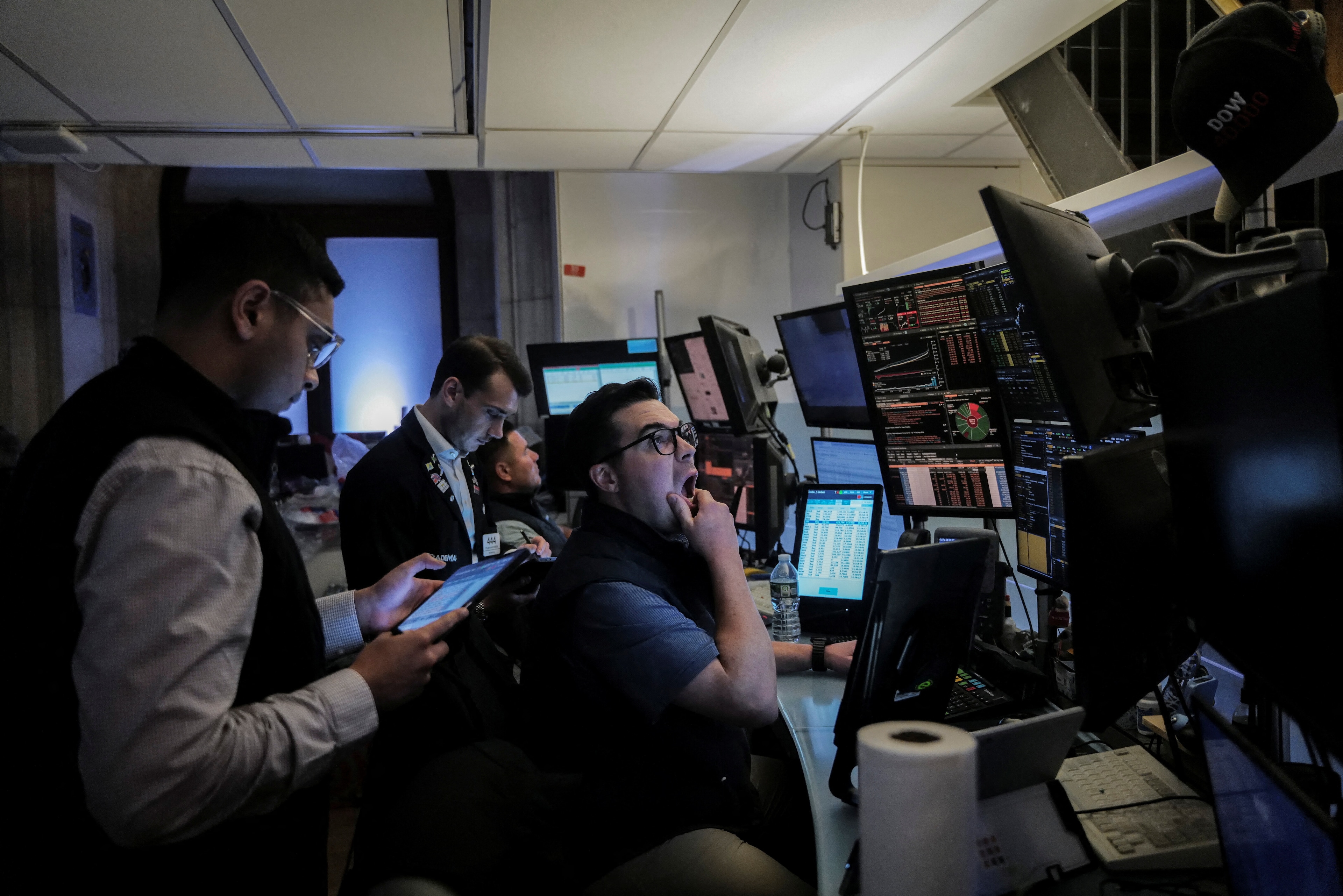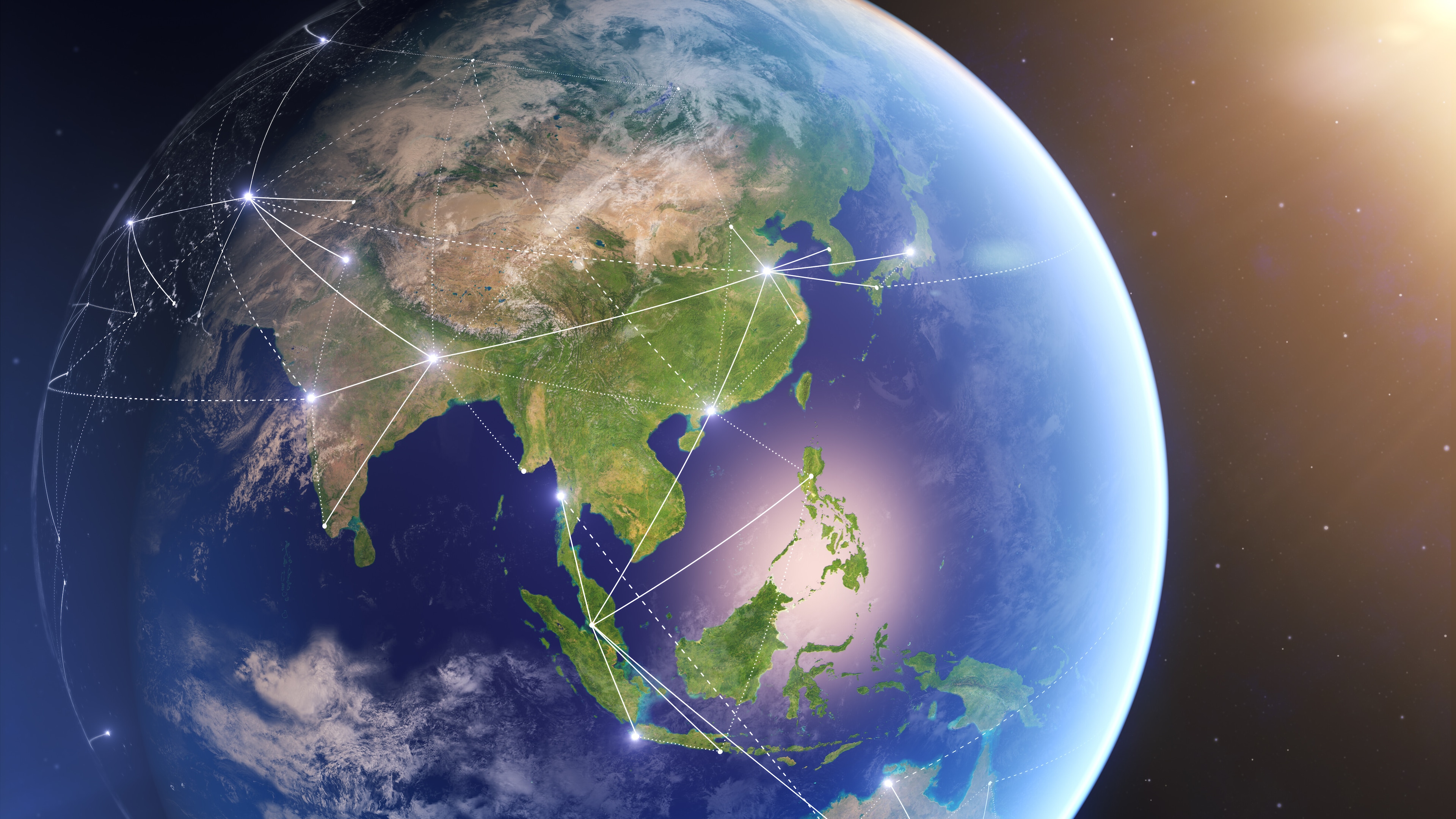Our broken economic model is robbing dignity and burning the planet. Time for radical change

Wealth disparity is a global problem, but how can it be overcome?
Image: Unsplash/Thijs Degenkamp
Stay up to date:
Economic Progress
- The world’s billionaires have more wealth combined than 4.6 billion others.
- Today alone, women and girls will be undertaking a total of 12.5 billion hours of unpaid care work.
- The next steps to tackle inequality include taxes, infrastructure and rewarding jobs that matter.
I arrive today in Davos optimistic that things are about to change. This is not from some rose-tinted view of decisions that our leaders have been making - far from it.
I am optimistic because, with each passing day, our world of extremes, created by the super-rich and pliant politicians, is being rejected. That the lies that uphold our unjust system are no longer believed. That people know their own power to create something better.
Consider how Greta Thunberg and millions of brave school children have shaken humanity awake to the climate emergency. Consider the students in the streets of my own country - fighting to protect the idea of an inclusive and secular India. Or the women standing up to end injustice and inequality that has been passed down generation after generation.
As I write, this week, people are hitting the streets in 30 countries, as part of the Fight Inequality Alliance - demanding an end to extreme wealth. Protests are growing around the world. In Chile a million people turned out to protest inequality, risking their lives in the process. This brave activism gives me hope.
Oxfam data, published today, shows that the world’s billionaires have more wealth combined than 4.6 billion others - at the lower end of the economic scale. Bloomberg has just published how 500 people became over a trillion dollars richer in 2019.
How rich is billionaire rich? Imagine you saved US$10,000 every single day since Tutankhamun and the building of the pyramids – in around 1320 BC. By now, you would still only own 20% of the wealth of one of the five richest billionaires. Does anyone need to be that rich?
This, in our world in which nearly one in two of us is trying to survive on US$5.50 - or less - a day. After years of declines, extreme poverty is now rising in many countries. Look at Latin America and the Caribbean, look at sub-Saharan Africa and India too.
Ours is a system designed to enrich a wealthy elite, at the expense of ordinary people. Can it be any surprise there are many people globally questioning: should billionaires even exist? Or should we just abolish them?
Oxfam has been raising the alarm on the extreme inequality crisis for years. Now we’re learning even more. Our research exposes a hidden injustice, hardwired into our global economy – something that keeps business and society moving forward – robbing agency and opportunity from hundreds of millions of people.
Looking at exploitation, our data shows how – just today - women and girls will be undertaking a total of 12.5 billion hours of unpaid care work, and won’t be paid a cent or a rupee for it. In addition, there’s countless more hours of work completed for poverty wages, often in slave-like conditions.
This unpaid care work contributes to the global economy at least US$10.8 trillion a year. That’s three times the size of the global tech industry - done for free. Until we rid the sexist injustice at the root of our global economy there can be no solution to the inequality crisis.
At Davos I call upon leaders to commit to meet this crisis of extreme inequality that robs people’s dignity and burns our planet – with the serious urgency of resolve that it deserves.
A little change to economic behavior here, a little more innovation there, fostering a little more purpose in business – these are the kinds of solutions we constantly hear glorified in the halls of power. Useful as they may be, let us be under no illusion that they are enough – or can create some new utopian era of happiness for humanity.
No, be serious now. And while responsible business must play its part, it is governments – accountable to us as citizens – who must boldly act.
Serious solutions are “taxes, taxes, taxes”: corporations and the rich paying their fair share of tax, as even the IMF – hardly a bastion of left-wing activism – is now advocating. US billionaires are paying a lower tax rate than ordinary working people now, a trend taking place around the world.
Serious solutions include wise investment in infrastructure. In childcare, health and education for all – among the most powerful equalizers our world knows that gives ordinary people a chance at a life of true freedom to thrive.
It includes tackling the huge amount of care work done by women and girls – as a top priority for government. It’s about a radical rethink of work itself so those who do the most vital jobs in society – like caring for our kids and the most vulnerable – are paid at least a living wage.
It includes creative action to break up the rise of new - and old - monopolies. And driving exciting new equitable business-models that go far beyond serving rich-shareholders.
We can go on - the world is not short of solutions or imagination. But most of all we need a fundamental shift in recognition by leaders. The economic model they chose that gave us the billionaire bonanza must now come to an end.
This model has failed us – as people around the world are screaming from the rooftops. It is time governments did their job to build the more equal and more human economies that humanity now urgently needs.
Don't miss any update on this topic
Create a free account and access your personalized content collection with our latest publications and analyses.
License and Republishing
World Economic Forum articles may be republished in accordance with the Creative Commons Attribution-NonCommercial-NoDerivatives 4.0 International Public License, and in accordance with our Terms of Use.
The views expressed in this article are those of the author alone and not the World Economic Forum.
Related topics:
Forum Stories newsletter
Bringing you weekly curated insights and analysis on the global issues that matter.
More on Economic GrowthSee all
Atul Kumar
August 12, 2025
Elizabeth Henderson and Daniel Murphy
August 8, 2025
Li Dongsheng
July 31, 2025
Charlotte Edmond
July 30, 2025
Naoko Tochibayashi
July 30, 2025
Matt Watters
July 29, 2025





